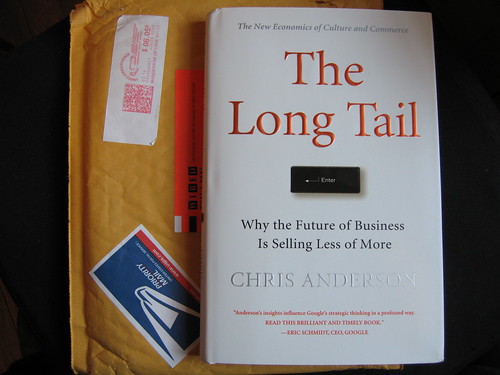The Long Tail; Hyperlocal or Just Hype?
I'm currently on my way to California, the Yahoo! mothership in Sunnyvale and the Where 2.0 conference in San Jose, where I'll be talking about Ubiquitous Location, The New Frontier and Hyperlocal Nirvana on Wednesday, March 31st. From doing some background research while waiting for my plane, it looks like my talk is going to be changing somewhat from the original plan. If you're going to be at Where 2.0, please pop over to the Yahoo! booth and say hello and meet the Geo Technologies and Yahoo! Developer Network teams.
I'll be writing up a fuller version of my talk once it's complete and once it's actually written but for now, here's the published abstract.




 Haven't we been here before?
Haven't we been here before? 
